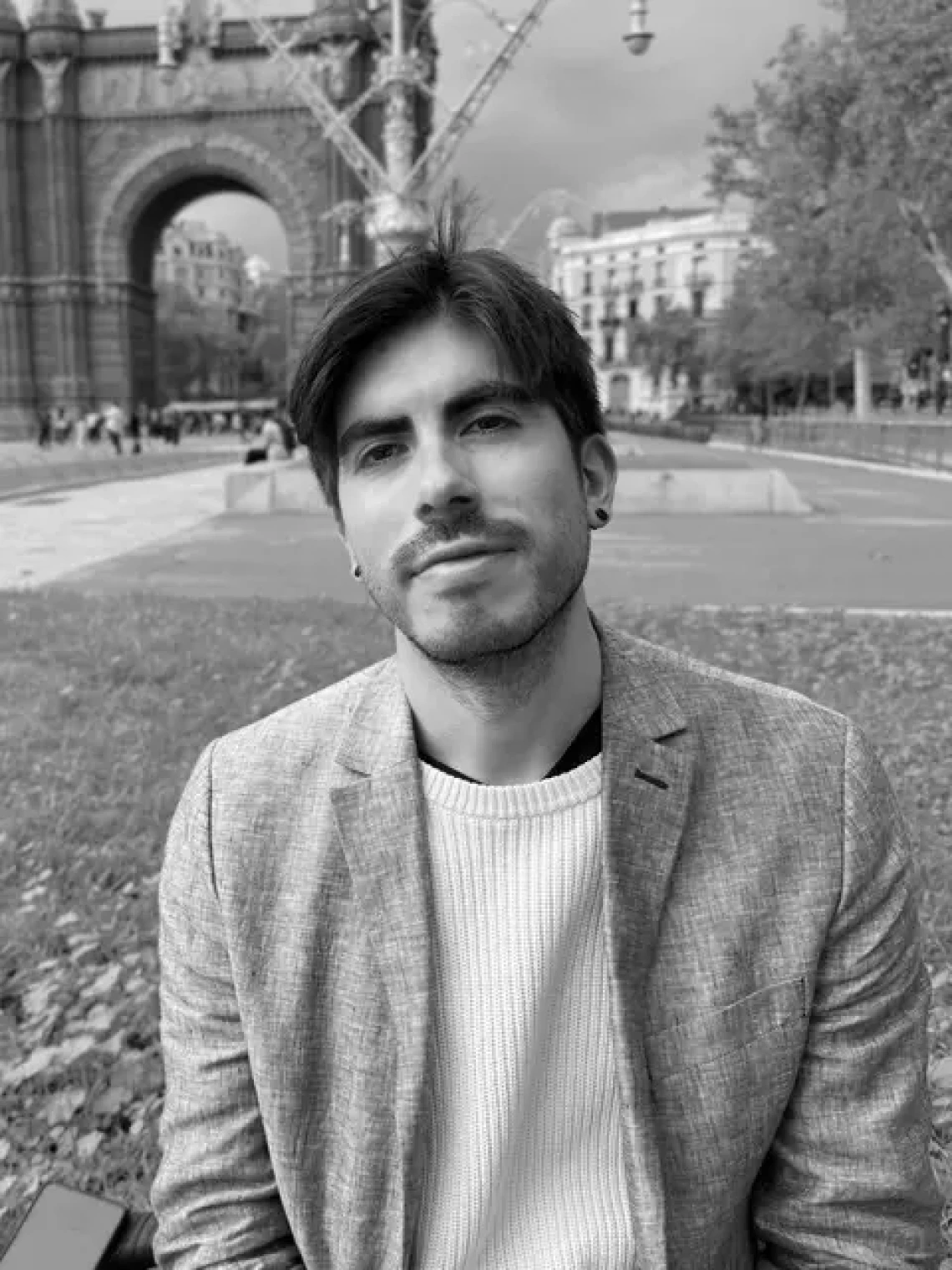Enrique Paillas, UA Steward Observatory

When
Where
Abstract: The Dark Energy Spectroscopic Instrument (DESI) is conducting a five-year program to measure the effect of dark energy on the expansion of the Universe and the growth of structure within it. It is the first of the new generation of so-called stage IV cosmological surveys, and will obtain optical spectra for tens of millions of galaxies and quasars. I will present the latest cosmological results derived from the DESI measurements of baryon acoustic oscillations, including constraints on the expansion rate of the Universe, the dark energy equation of state, and upper bounds on the sum of neutrino masses. I will contrast these results with those obtained from previous datasets and show results in combination with cosmic microwave experiments and supernova surveys. These data provide a strong test of whether dark energy matches the predictions of Einstein's cosmological constant, Lambda. I will discuss the tests of this made possible by the latest data and present new results testing the standard model of cosmology, and setting the path forward to future DESI data analyses.).
Bio: I am an astronomer and cosmologist, currently working as a Postdoctoral Associate at the University of Arizona, where I also hold the Prize Fellowship in Cosmological Data Analysis at Steward Observatory. My research focuses on observational cosmology, combining theory and observations to learn about the nature of dark energy, the growth of cosmic structure, the physics of the early Universe, and the connection between dark matter halos and galaxies.
I grew up in Santiago de Chile, where I obtained my PhD in astrophysics from Pontificia Universidad Católica de Chile, working under the supervision of Nelson Padilla. Before moving to Arizona, I worked as a postdoctoral fellow at the Waterloo Centre for Astrophysics, in Ontario, Canada, where I collaborated with Will Percival on various topics of large-scale structure science.
I am an active member of the Dark Energy Spectroscopic Instrument Collaboration, where I co-chair the Galaxy & Quasar Clustering working group. I have also participated in the Euclid Consortium and the LSST Dark Energy Science Collaboration.
3:00 PM in PAS 201 / Zoom Meeting https://arizona.zoom.us/j/86395646910
Refreshments in PAS 218, 2:30PM



